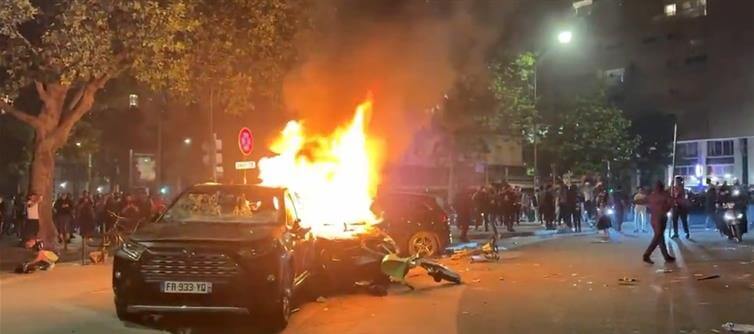
The focus on "North African gangs" reflects ongoing tensions surrounding immigration, integration, and identity within France’s urban landscape. Many of the country’s immigrant communities, particularly those from North Africa, have long faced marginalization, high unemployment, and social exclusion, often concentrated in suburban housing projects known as banlieues. While the vast majority of individuals from these backgrounds are law-abiding citizens, a small minority—often youth involved in gang activity—can engage in violent acts that reinforce negative stereotypes and fuel public fear and resentment. When authorities and media focus heavily on the ethnic identity of those involved, it risks widening the societal divide rather than addressing the actual root causes of unrest.
The repeated cycle of unrest following events like football matches or political protests signals a deeper systemic issue in France. Policing, social policy, and urban planning have all struggled to respond effectively to the challenges of multiculturalism and economic inequality. Without serious efforts to create inclusive opportunities and rebuild trust between communities and the state, such chaos will likely recur. Framing the violence solely in terms of ethnicity or national origin misses the point—it is not identity, but alienation and the failure of integration that drives these outbreaks of disorder.




 click and follow Indiaherald WhatsApp channel
click and follow Indiaherald WhatsApp channel